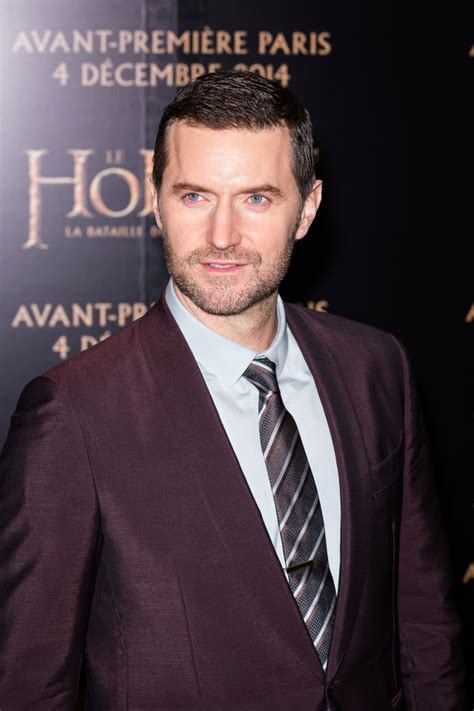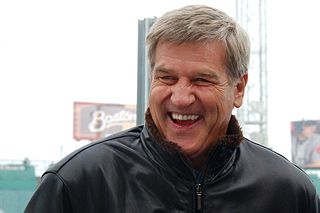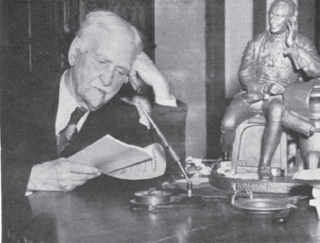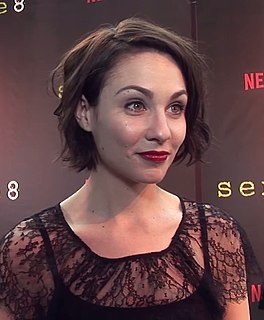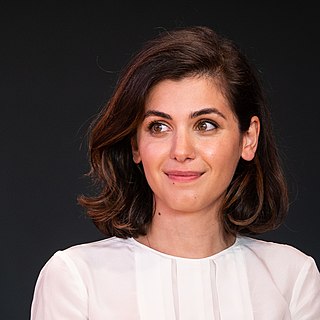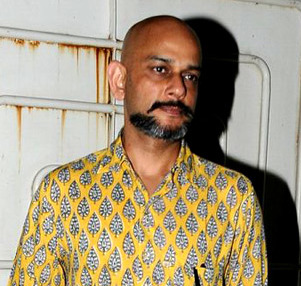A Quote by Richard C. Armitage
I have a visual mind, so when I read a book, I get an instant picture in my head and it's very clear.
Related Quotes
My analysis of the situation was that Roman Polanski wasn't trying to break us down or get a performance out of us by destroying us. He was absolutely, very simply, trying to recreate this clear picture in his head. And the pictures he creates are absolutely perfect, and they are exactly what he saw in his head.
Paradoxically one of the greatest advantages of mind maps is that they are seldom needed again. The very act of constructing a map is itself so effective in fixing ideas in memory that very often a whole map can recalled without going back to it at all. A mind map is so strongly visual and uses so many of the natural functions of memory that frequently it can be simply read off in the mind's eye.
There's a certain kind of conversation you have from time to time at parties in New York about a new book. The word "banal" sometimes rears its by-now banal head; you say "underedited," I say "derivative." The conversation goes around and around various literary criticisms, and by the time it moves on one thing is clear: No one read the book; we just read the reviews.
